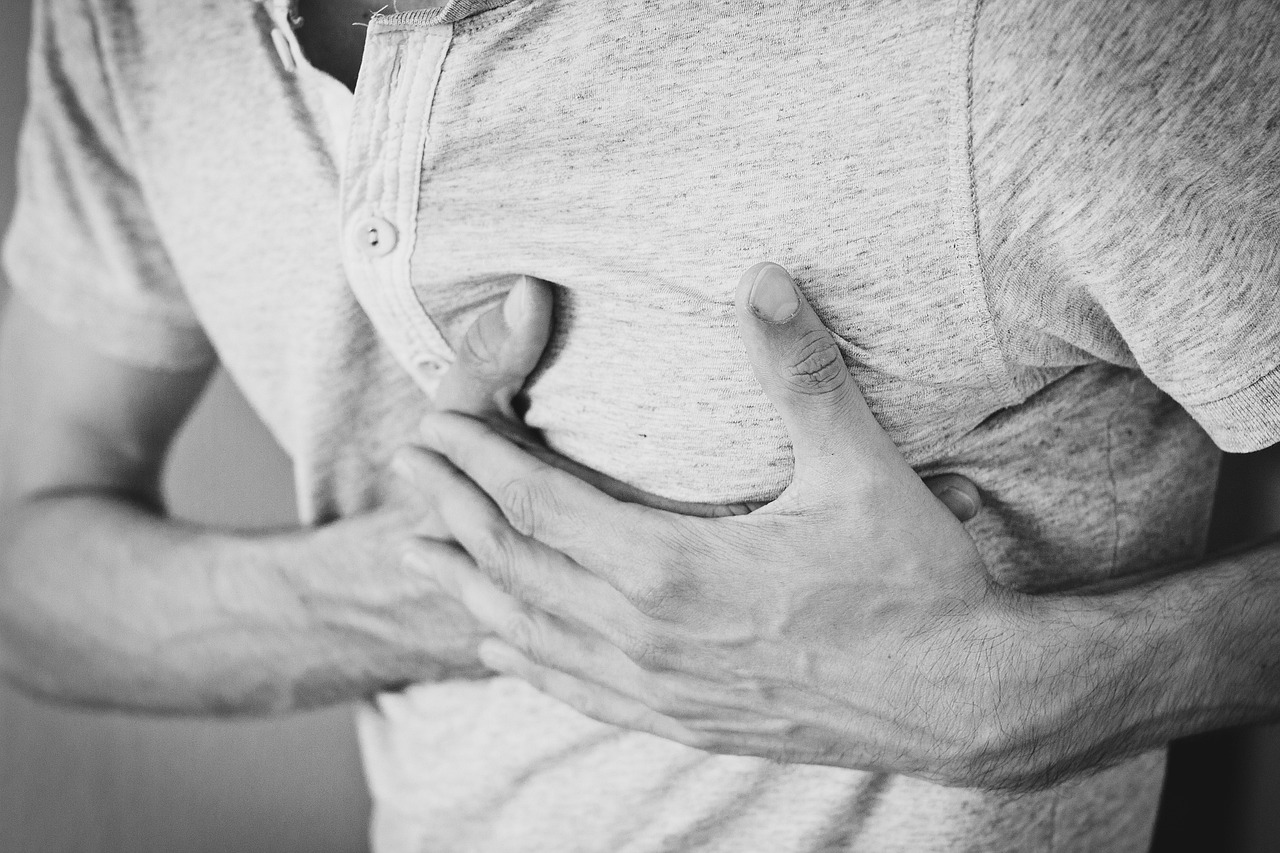When you experience chest pain, it is important to take it seriously and seek medical attention immediately, especially if you also have symptoms such as shortness of breath, dizziness, nausea, sweating, or pain that radiates to your arms, jaw, or back. Even if chest pain Covington seems mild or goes away quickly, it is still recommended to get checked by a healthcare professional to rule out any serious underlying conditions.
Chest pain evaluation and diagnosis typically involve the following steps:
- Medical history: The doctor will gather information about the patient’s symptoms, duration, severity, and associated factors, such as shortness of breath, nausea, or sweating.
- Physical exam: Checking the patient’s vital signs, listening to their heart and lungs, and performing a thorough examination of the chest and abdomen.
- Diagnostic tests: Various tests may be ordered depending on the suspected cause of the chest pain, such as an electrocardiogram (ECG), blood tests, chest X-ray, echocardiogram, stress tests, or coronary angiography.
- Diagnosis: The diagnosis will depend on the underlying cause of the chest pain and may range from musculoskeletal issues to more serious conditions such as heart attack, pulmonary embolism, or aortic dissection.
Chest pain can have various causes, ranging from minor issues to life-threatening conditions. Some of the common causes of chest pain include:
Cardiac causes
Cardiac causes of chest pain are related to the heart and can include a range of conditions, such as:
- Angina: Chest pain caused by reduced blood flow to the heart due to narrowed or blocked arteries. Angina is typically described as a tight, squeezing, or pressure-like sensation in the chest.
- Myocardial infarction (heart attack) occurs when the blood flow to a part of the heart muscle is blocked, leading to damage or death of the affected tissue. Heart attack symptoms can include chest pain, pressure, or discomfort that can be severe, prolonged, or accompanied by sweating, shortness of breath, or nausea.
- Pericarditis: Inflammation of the sac-like tissue surrounding the heart, called the pericardium. Pericarditis can cause sharp, stabbing chest pain typically felt in the center or left side of the chest and may worsen with breathing, coughing, or lying down.
Musculoskeletal causes
Musculoskeletal causes of chest pain are related to issues with the bones, joints, and muscles in the chest wall and may include:
- Costochondritis: Inflammation of the cartilage that connects the ribs to the breastbone. Costochondritis can cause sharp or aching chest pain that may be mistaken for a heart attack.
- Muscle strain: Strain or injury to the muscles in the chest wall, which can cause pain when breathing or moving.
- Rib fracture: A broken rib can cause sharp, intense pain usually worsened by deep breathing, coughing, or movement.
Anxiety and panic attacks
Anxiety and panic attacks can cause chest pain, usually related to the physical sensations accompanying emotional distress. Some of the physical symptoms of anxiety and panic attacks that can cause chest pain include:
- Rapid heartbeat and breathing
- Sweating
- Dizziness or lightheadedness
- Nausea or stomach upset
- Muscle tension or twitching
If you experience any chest pain, contact your doctor at Louisiana Heart and Vascular.




